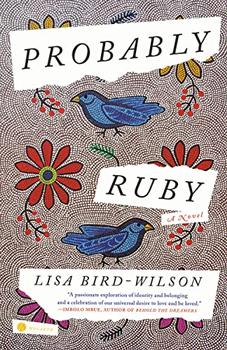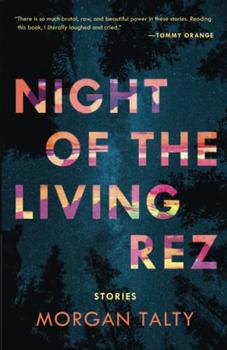
A Novel
by Aaron John CurtisA coming-of-middle-age novel about an Ahkwesáhsne man's reluctant return home and what it takes to heal.
Abe Jacobs is Kanien'kehá:ka from Ahkwesáhsne―or, as white people say, a Mohawk Indian from the Saint Regis Tribe. At eighteen, Abe left the reservation where he was raised and never looked back.
Now forty-three, Abe is suffering from a rare disease―one his doctors in Miami believe will kill him. Running from his diagnosis and a failing marriage, Abe returns to the Rez, where he's persuaded to undergo a healing at the hands of his Great Uncle Budge. But Budge―a wry, recovered alcoholic prone to wearing punk T-shirts―isn't all that convincing. And Abe's time off the Rez has made him a thorough skeptic.
To heal, Abe will undertake a revelatory journey, confronting the parts of himself he's hidden ever since he left home and learning to cultivate hope, even at his darkest hour.
Delivered with crackling wit, Old School Indian is a striking exploration of the power and secrets of family, the capacity for healing and catharsis, and the ripple effects of history and culture.
The Mohawk word "Aronhiakeh:te" means "he is carrying the sky on his back." It is a perfect description of Abe Jacobs and his failing marriage and his deteriorating body and the art of being uncomfortable in middle age because everything is disappearing. For decades, the literary community has mulled over Thomas Wolfe's posthumously published novel You Can't Go Home Again and its theme that the place of our childhood has reinvented itself. And while there is some truth that even the smallest communities adapt and evolve, there is also something to gain by returning to your origin story. With his medical crises and his body in pain and his life in flux, Abe needs to be nurtured and comforted by his parents and siblings and memories of his Tóta. Aaron John Curtis has written a sentimental novel that is also profound. His characters are finely tuned human vessels enduring pain, love, hope, and marginalization, but like shards of broken glass in the sun, they catch a ray of light...continued
Full Review
 (980 words)
(980 words)
(Reviewed by Valerie Morales).
In the 1960s and 1970s, the term "Native American" was popularized. It became the politically correct way to refer to the hundreds of tribes that make up the Native population in the United States, often replacing "Indian." But many Indigenous people resent the classification of Native American because it was a name given to them by white oppressors without their permission or consent. Because they weren't consulted, it lacks cultural legitimacy.
Paloma Zhaniser is a gender violence policy analyst affiliated with the Winnebago Tribe of Nebraska. When I interviewed her, she was clear that she doesn't use the term Native American, preferring "Indigenous" because of its accuracy: "It is the American part of Native American I object to. It ...

If you liked Old School Indian, try these:

by Lisa Bird-Wilson
Published 2023
An Indigenous woman adopted by white parents goes in search of her identity in this unforgettable debut novel about family, race, and history.

by Morgan Talty
Published 2022
Set in a Native community in Maine, Night of the Living Rez is a riveting debut collection about what it means to be Penobscot in the twenty-first century and what it means to live, to survive, and to persevere after tragedy.